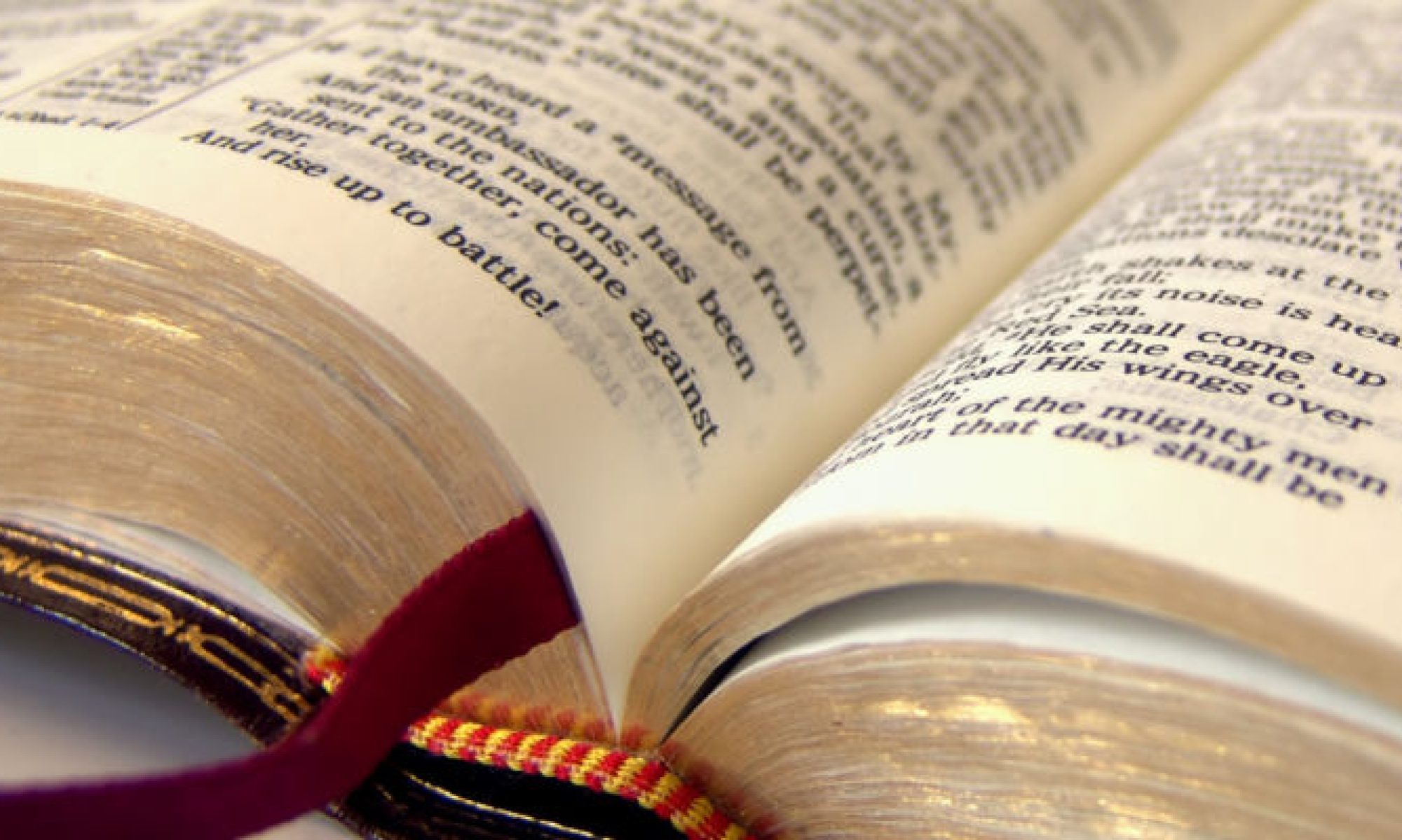Brothers and sisters,
As many of you know, last week a new video game that I’ve been looking forward to for a long time came out—The Legend of Zelda: Tears of the Kingdom. Now, since it came out last Friday, I’ve spent a good chunk of my free time playing it and have thoroughly enjoyed it and I’m pretty sure I haven’t even gotten to the best parts yet! I haven’t beaten the game, so I don’t know the full story or what all the major themes of the game will be, but there is one theme that has already been explored and I want to talk about it.
Before I do that, though, I want to give you a little con-text about Tears of the Kingdom. See, it is a sequel to a previous Zelda game, which is a rarity in the Zelda franchise. Typically, each game is a stand-alone game with a new version of Hyrule (the fictional world you play in), a new version of Link (the character you play as), and a new version of Princess Zelda (who the series is named after). But since Tears of the Kingdom is a sequel, you play as the same version of Link from the previous game, called Breath of the Wild. And there’s an important change that has happened in Link’s life between the two games.
In Breath of the Wild (the first game), Link is alone. The brief version of the story is that Link has woken up to a Hyrule that has been devastated by a great evil. One hundred years ago, Link had fought against that great evil and lost, nearly dying in the process. The only reason he survived was because of fast thinking from Princess Zelda. In Breath of the Wild, Hyrule has been broken. Link’s memories of his friends have been erased. And the few people Link meets tend to blame him for the fall of Hyrule. He is able to make some friends along the way, but it is a game about grief, burden, loss, and redemption. And while it is an undeniably beautiful game and story, Link undeniably feels alone.
In Tears of the Kingdom, that has changed. Link and Zelda had managed to save Hyrule at the end of the first game and the citizens have begun to rebuild. And now, Link has friends. There are people who care about him and support him. When the game begins, Link has been missing for several months after being attacked by a new great evil threatening Hyrule. But when he makes it back to civilization, everyone he meets starts each conversation by saying they’re so glad Link’s back! They’re worried about the injuries he’s sustained. They caution him not to push himself too hard—they don’t want to lose their friend again. And it’s touching to see that so many of the people who care about Link in Tears of the Kingdom were friends he made in Breath of the Wild.
So, why bring up these two games? Because I appreciate the change they highlight. In Breath of the Wild, Link is made to feel like he is alone. In Tears of the Kingdom, it’s revealed that he isn’t. He has friends and allies who care about him. And I think that’s a good message for everyone to hear right now. You are not alone. If you are getting this newsletter, it’s because you are a member of Hope Valley Baptist Church, which means you have a whole host of brothers and sisters in Christ you can reach out to. You have a pastor whose phone is always on. If you ever need help, please reach out.
Grace and peace,
Pastor Ben
P. S. Once I beat Tears of the Kingdom, y’all can expect another nerdy Illuminator article!

